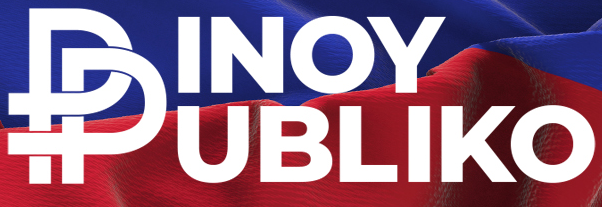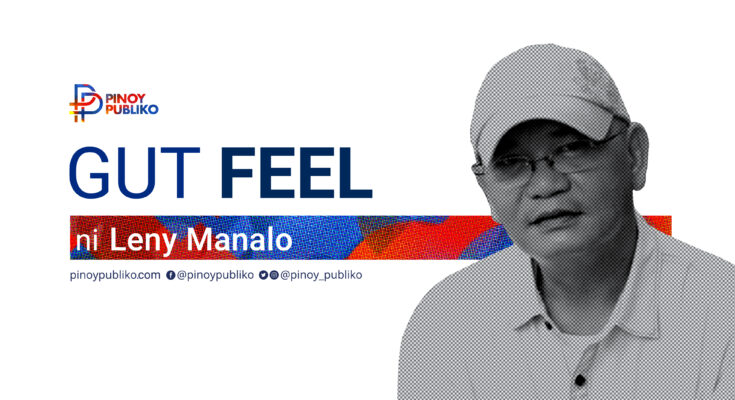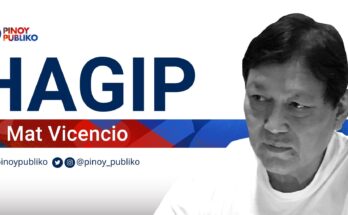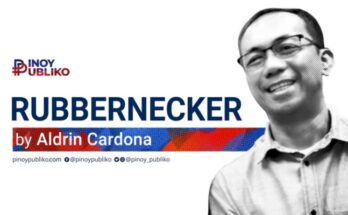IT might be timely to explore the difference between the two on the 125th Independence Day.
It was a chance encounter with an old acquaintance in the national democratic movement who remained on the left side of the political spectrum in his social advocacies. Over coffee, I told him I was doing lectures on core values in DepEd and other assemblies. We agreed on many things about the country but still had differences in our approaches. I nevertheless took the opportunity to ask him about something that seemed trivial but important to me for my lectures.
I asked him why those from the Left are using “makabayan” to describe themselves and not “makabansa.” He looked bemused and probably thought why I even asked that. He took a long sip from his cup and said, “Wala pa yung bansa na karapatdapat na ituturing naming aming bansa, kaya ang bayan na binubuo ng mga nakararaming mamamayan ang siyang tanging kinabibilangan lang namin sa ngayon.”
From a revolutionary point of view and standpoint, he was correct in his own choice of purpose. Those who have this frame of mind are inclined to support or condone revolutionary violence or armed struggle, but not all. Those who were appalled by the reality of violence and could not stand the heart-wrenching killing of Filipinos by Filipinos for a revolutionary cause know better.
There are 3 commonly accepted indigenous core values that have been reinforced throughout the history of the Filipino people. In noun form, they are DIYOS, BAYAN and KAPWA. DIYOS is a supreme being believed to have created man and nature and continuously impacts the lives of people. BAYAN is the community of people bound together by common beliefs and needs within a fixed or commonly recognized territory. KAPWA is the other member of the community with a shared identity of similar beliefs and needs.
Chapter III Sec 40 of Republic Act 8491, prescribing the code of the national flag, anthem, motto, coat-of-arms and other heraldic items and devices of the Philippines, provides for the national motto, “MAKA-DIYOS, MAKA-TAO, MAKAKALIKASAN AT MAKABANSA.” The Department of Education for its part adopted the motto as its core values based on its Order No. 36 s. 2013.
The Department of Foreign Affairs followed suit and placed the national motto or the DepEd core values on page three of the Philippine passport, an official recognition and affirmation of the core values as part of the Filipino identity as manifested by the Philippine passport. The core values comprised the Kapwa Filipino. According to Virgilio Enriquez, the Father of Filipino Psychology, kapwa is a shared identity.
From the government’s point of view “Kapwa Filipino” is a shared identity characterized by the core values of Maka-Diyos, Maka-Tao, Makakalikasan and Makabansa.
In the core value Makabansa, “bansa” can be no other than the “Bansang Pilipinas” that is founded on the Constitution covering all citizens including the “bayan na binubuo ng mga nakararaming mamamayan.” Being makabansa then is basically about recognizing and respecting the Constitution and the laws of the land.
The SWS survey conducted from March 26 to 29 this year found that 51 percent of families self-rated as poor, while 30 percent rated themselves as “borderline,” and only 19 percent rated themselves as not poor. That is how the majority of Filipinos see themselves in the Bansang Pilipinas. It is easy to visualize that the seeds of the “rebellion of the poor” are always there waiting to germinate and grow with the right prodding. You can expect anti-government forces to exploit and nurture them.
However, the government has no reason to be helpless. It has the power and resources to take up the cudgels for the “rebellion of the poor” and redefine it as the “new nationalism” that will bind and rally the Filipino people to bring about the “Bansa” that all Filipinos will feel truly theirs and wear the core value makabansa proudly on their breasts. There is a constitutional mandate and it takes nothing less than the political will of the government to bring it about.
The 1987 Constitution said in Article II Section 9: The State shall promote a just and dynamic social order that will ensure the prosperity and independence of the nation and FREE THE PEOPLE FROM POVERTY through policies that provide adequate social services, promote full employment, a rising standard of living, and an improved quality of life.
Makabayan or makabansa? I will let the first be my heart and let the other be my deeds.





